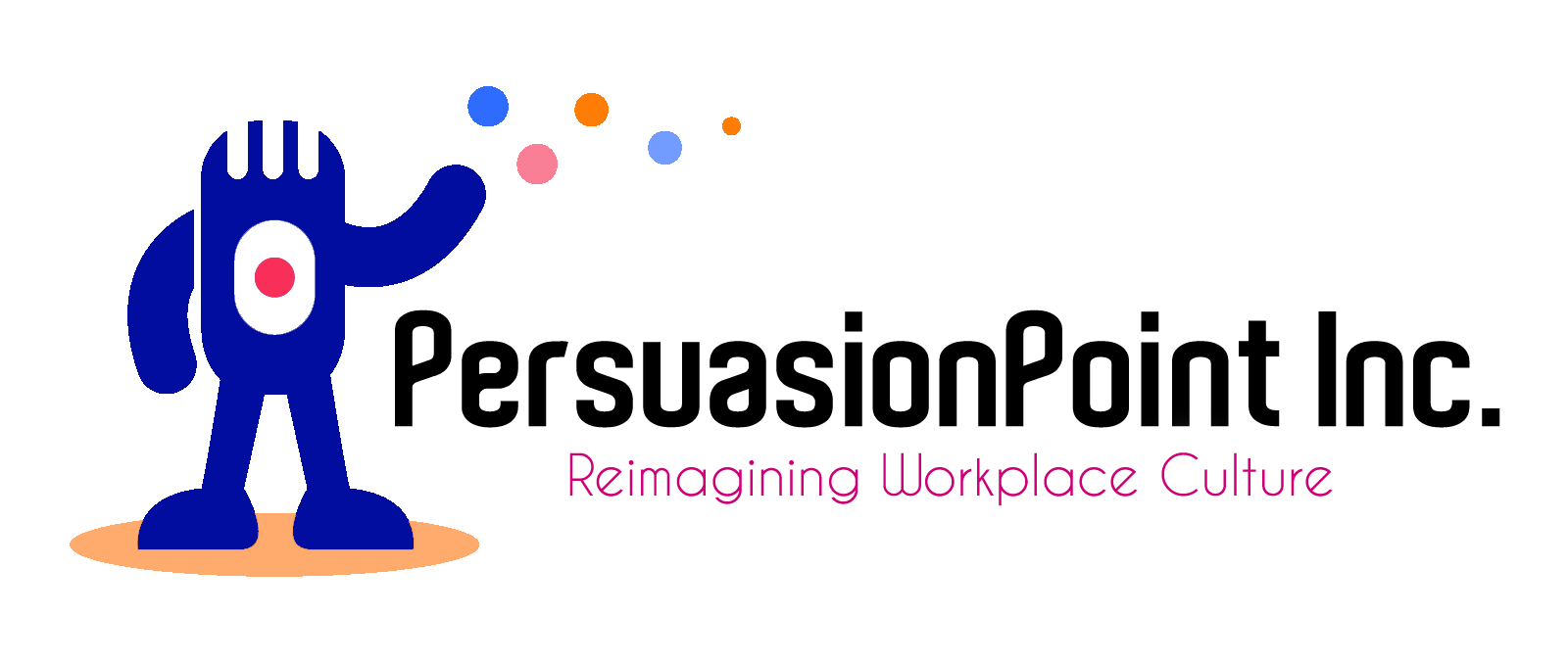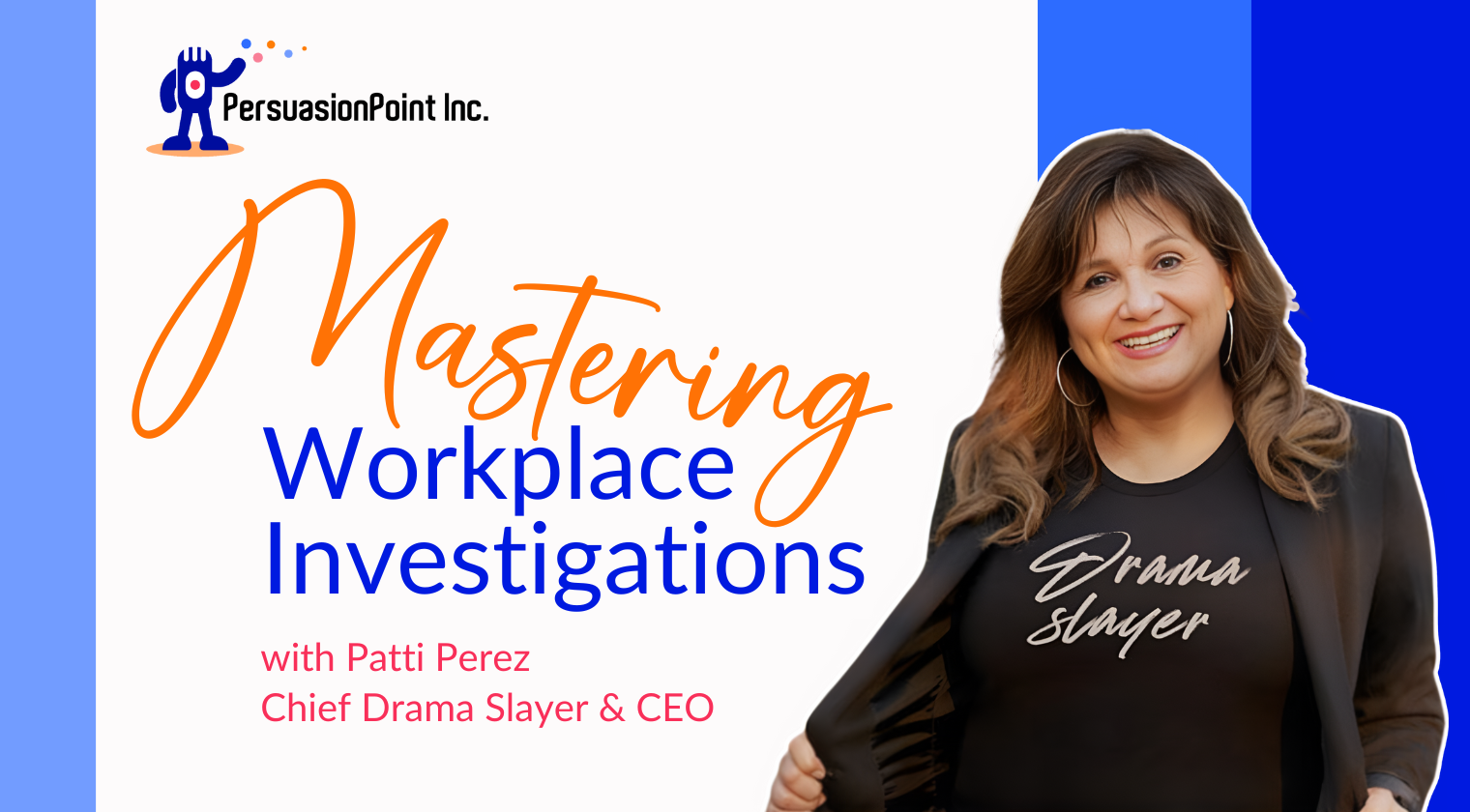
Do your employees feel safe discussing concerns and confident that you’ll help them resolve issues?
Or do your organization’s processes come across as a charade designed to protect the company from litigation?
Unfortunately, truth-telling cultures are few and far between. Corporate leaders tend to rely heavily on the advice of their lawyers in crafting their workplace policies and procedures, including how they handle allegations of workplace misconduct.
When you’re planning a ski trip, do you ask an ER doctor (who spends her workdays mending broken bones) which hill to pick? It’s the same with lawyers. As experts in handling disastrous relationship breakdowns, they’re keenly attuned to the worst case scenario.
As a result, policies and procedures written through a fear-based lens often sacrifice the dignity and freedoms of the workers they impact in favor of closing off all possible paths to litigation. (As a former litigator, I would know!)
It’s no wonder many workers are so skeptical they’d rather quietly quit over bullying and misconduct than report it and seek a resolution through their employer.
By working together, we can transform the status quo!
After over 1,200 workplace investigations, I have developed a systematic approach to a fair, transparent and truthful process that helps organizations create a workplace culture of truth-telling, curiosity, and radical fairness.
In my signature workplace investigations course, I’ll walk you through the three essential steps to addressing employee concerns, so that they don’t devolve into workplace drama! These steps are called:
The 3 Rs:
Receive, Review & Resolve Workplace Misconduct

Live Workplace Investigator Training
Length of Workshop: Half-day workshops can be delivered in one or two parts (if virtual)
Format: Live in-person or virtual over Zoom
Recommended for: Anyone in an organization who plays any role in the process of receiving, reviewing or resolving claims of misconduct
What you will learn .
- Recording allegations of misconduct
- Planning an investigation strategy
- Gathering and analyzing evidence
- Making credibility determinations
- Drawing evidence-based conclusions
- Reporting your findings
- Most importantly, fixing the problem!
Gain all the tools you need .
In-Person and live remote options receive:
- A hard copy of the Drama-Free Workplace, so that they can reduce the frequency of workplace incidents by addressing the root causes of conflict.
- A workbook to help put theory into practice.
- A toolkit containing checklists, summaries, samples, and other invaluable resources.
Pricing: $12,000 - $15,000
Online Course
The big themes
In this overview module, we will cover an introduction to the course’s big themes, including:
- Introduction to the three Rs (Receive, Review, Resolve)
- Getting in the right mindset
- Workplace culture issues
- Legal issues related to workplace misconduct investigations
- Eliminating unconscious bias in investigations
- Characteristics of an excellent workplace sleuth
- Root causes of workplace drama
A culture of truth-telling
In this module, we will discuss setting policies with the right tone and how to empower employees and managers to address and resolve conflict when it is low-level (so that it doesn’t become a formal complaint). We will also discuss other alternatives for early conflict resolution and setting up systemic solutions for the entire process.
- The virtuous cycle of the three Rs
- Setting the Stage: Before Complaints
- Policies
- Onboarding
- Manager education
- Employee education
- Empowering Employees
- What makes an employee speak up
- 3-step process
- Empowering Managers
- How to respond in the moment
- How to respond to a complaint/concern
- Intake
- No preconceived notions - no bias
- Intake form
A culture of curiosity
We will explore the need for an immediate response depending on the nature of the allegations. We will also discuss what it takes to start an investigation with a strategic focus.
Overview of the investigation process:
- Define the scope
- Strategy and planning
- Evidence collection, including interviews
- Analysis
- Conclusions
- Report
- Remedial measures
- Getting back on track
The focus here is on scope and strategy (the first steps of conducting an effective, curiosity-based investigation).
Culture of curiosity continued...
In this module, we will focus on collecting evidence, interview tips, gathering and analyzing documents and doing additional work to acquire all the information you need to be thorough and fair.
- Starting The Interviews
- Confidentiality
- Scope
- Retaliation
- Interviewing
- Creating an environment conducive to sharing information
- Asking the right questions in the right way
- Digging Deeper
- Techniques for helping the witness recall events
- Note-taking tips
- Beware of bias in questions
- Ending the interview
- Specific issues related to complainant and accused interviews
Culture of curiosity continued...
We will explore how to analyze the evidence and use that analysis to reach fair and consistent conclusions.
- Analyzing Evidence
- Reaching Conclusions/Findings
- Additional Information
- Determining when additional evidence is necessary
- Legal standard for investigations
- Analysis
- Credibility determinations
- Putting it all together
- Finding/Conclusions
- Standard of proof
- Reasonable findings
- No legal conclusions
- "Inconclusive" findings
- Test your conlusions
- The Report
- Show your work/analysis
- Structure
A culture of radical fairness
In this module, we will discuss remedial measures, closing cases and following up with the next steps.
- General Factors
- Discipline commensurate with wrongdoing
- Should prevent recurrence
- Backward-looking Accountability
- Forward-looking Accountability
- The PersuasionPoint Methodology
- Objectively rate the behavior
- Salvageability scale
- Final Considerations
- Precedent
- Position (employee or leader), years of service, history
- Informed
- Motivation
- Closing The Loop
- Reporting
- Record-keeping
Online course students have the opportunity to learn at their own pace. They course includes:
- 6 course modules that with hours of video and audio instruction
- A workbook to help put theory into practice
- A toolkit containing checklists and reference sheets
- Bonus materials including real investigation examples and roleplay examples
- Lifetime access to all materials
Pricing: $697
What Clients Have to Say .
I've really embraced the idea that policies and behaviors that are fear-based and only there to avoid potential lawsuits are not really what will help your employees.
I also really appreciated that you point out how HR/leaders shouldn't be scared of saying the truth or being transparent and especially empathetic when it comes to workplace investigations.
I recommended your book as a great read to all the people managers in my company as I felt the messages would be hugely valuable to anyone who is a leader.
Julie Carlo, SHRM-CP
Human Resources Professional
Walking through the stages step-by-step, and seeing how they played out in real-life cases has given me such a better understanding of how a good
investigation should proceed.
I literally feel like I have, at my fingertips in the form of the book, solid and reliable guidance that I can turn to anytime I need it. And the fact that everything is presented in relatable words and not legalese is such a bonus
Jennifer Suberlak
Employment Attorney



